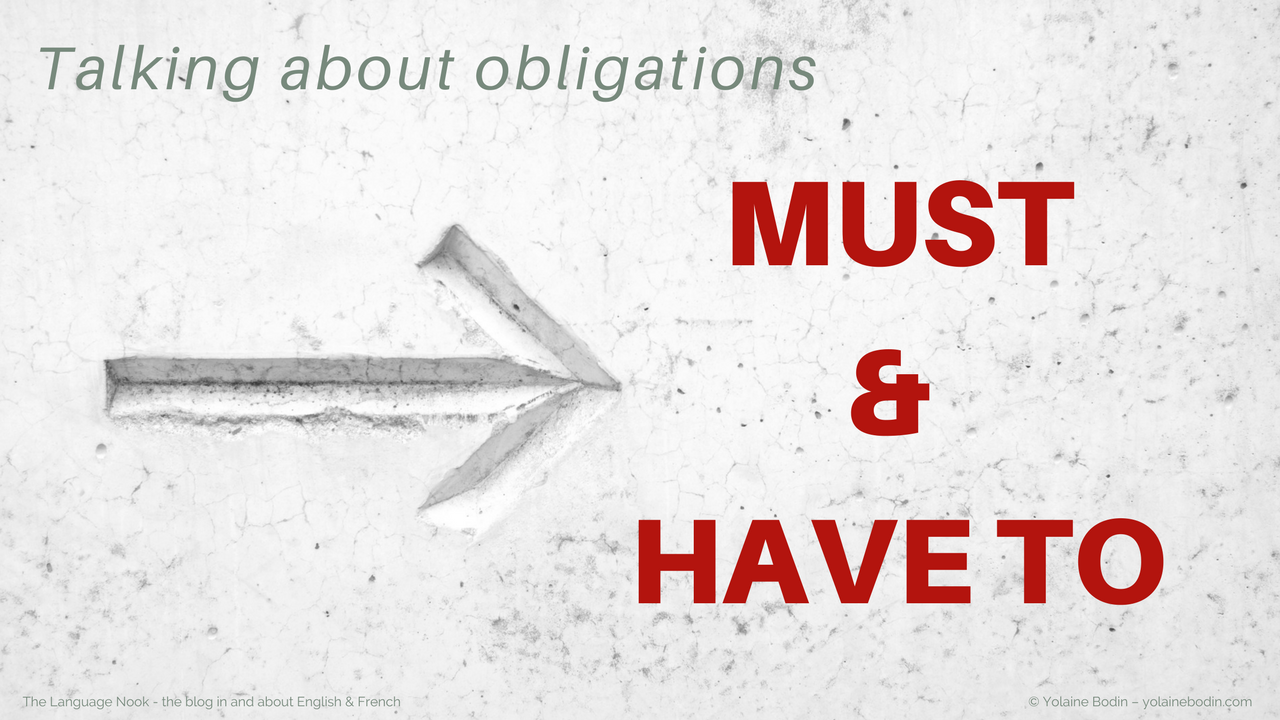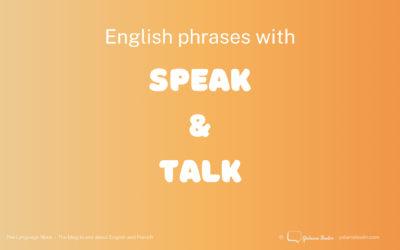In English, you can use must or have to talk about obligations, to express a strong need or a necessity. Must and have to are therefore often used when giving instructions, as in this example:
- These documents must / have to be marked as confidential.
So, what is the difference between must and have to?
Although both are extremely similar in meaning and can often be equally used, there is a nuance. To choose between must and have to, you’ll have to ask yourself the following question: “Where does the obligation come from?”
There are 2 possible answers to this question: from the inside, i.e. the speaker or from the outside. Let’s compare:
- I must stop drinking coffee. → here, the speaker makes it a rule to stop drinking coffee for himself.
- I have to stop drinking coffee. → here, the speaker has not decided to stop but has received the order to stop, e.g. his doctor told him to stop drinking coffee.
Useful tip: to remember which is which, remember I must (starting with m) expresses an obligation coming from myself, me (starting with m).
Careful! Must never changes forms (I must, you must, he must…) but have to becomes has to in the 3rd person singular: I have to, you have to, he/she has to…
Careful again! Must cannot be used in the past. If you need to talk about an obligation in the past, use the past form of have to, i.e. had to:
- In my first job, we had to follow strict rules.
In this example, we cannot use must.
Careful yet again! In the negative form, must and have to differ in meaning:
- You mustn’t leave the office before 4pm. → It is not allowed
- You don’t have to do it. → You can do it, you are allowed to, but it is not an obligation.
So think of you some rules you have to follow at school, at work or at home, or rules that comes from outside or rules that you made for yourself. Find true examples and begin your sentence with:
- I must… (for a rule you made for yourself)
- I have to… (for an obligation that comes from outside)
- I mustn’t… (for something you are not allowed to do)
- I don’t have to… (for something that you are allowed to do but that is not an obligation)
There you are! You can now talk about obligations and use must or have to in English. Congratulations! 🙂
Please share your examples in the comments below. They will help other readers of the Language Nook! Thank you.





0 Comments